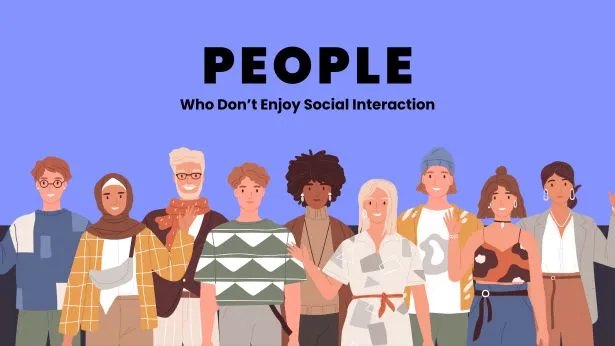Dentistry as a career choice requires something more than an academic ability. It needs specific personality traits, strengths, and adaptability for certain challenges. Below are listed eight kinds of personalities that might find it difficult in this field, along with reasons why dentistry perhaps is not in line with their preference.
1. People Who Don’t Enjoy Social Interaction
Dentistry is an interacting career; dentists who may become introverted or find the need for socialization tiring will be challenged. The dentists interact with patients one after another throughout the day by listening to their complaints, explaining treatment modalities, and often trying to reassure them. Empathy and communication help in building the patient’s trust; thus, those uncomfortable with frequent social interaction may wear down in this role.

2. Individuals Uncomfortable with Stress
Dentistry is an emotionally and physically heavy occupation: from standing for long hours to complicated procedures, which require a great deal of focus, dexterity, and patience, the tasks are really not easy. Also, the management of patient expectations and the complexities of a given case can be quite stressful. Those who feel overwhelmed by stress may struggle to act appropriately in high-pressure situations and might consider this profession very demanding.
3. Those Unable or Unwilling to Take Responsibility
Dentists are responsible for the patient outcomes and quality of care that take place on their watch. This means everything from the patient complaints to the questions of the staff tend to fall back on the dentist. The weight of these responsibilities is often discouraging for individuals who would want to work with more oversight or are uncomfortable with too much autonomy.
4. Judgment Sensitivity
Some dental patients can be quite demanding when it comes to esthetics and comfort, and the dentist is often under scrutiny. A disgruntled patient may judge the dentist based on an esthetic or functional failure and may make their dissatisfaction known publicly. People who are sensitive to criticism may find this a wrong career choice since one has to take criticism with aplomb and learn constructively from negative comments.
5. Those Reluctant to Invest in Ongoing Education
Dentistry is a field that is quite costly to enter, both at the initial educational level and throughout continued education in the course of a career. Dentists must embrace lifelong learning to stay abreast of current methodologies, technologies, and best practices. Anyone who finds ongoing education difficult or resists personal growth may struggle to cope with the daily pressures of the profession.
6. Those Reluctant to Make a Long-term Commitment
Dentistry is a lifelong commitment. Unlike other professions, where many people switch fields, this area requires years of training and lifelong career investment in the profession. Indecisiveness or dislike for an inflexible career path for a lifetime may deter individuals from pursuing the profession.
7. Would-Be Specialists Only
Few people enter the major of dentistry just to be an orthodontist or an oral surgeon eventually. In reality, few dental school graduates go on to become specialists. Most end up becoming general practitioners. Anyone who enters dental school just because they want to specialize should first ask themselves, “Will I like general dentistry?”
8. Those Who Enter Due to Financial Reasons Alone
Although these are great earning opportunities and provide one with a secure life, these reasons alone cannot help sustain satisfaction on the job for long. Dentistry involves interest in helping the patient or passion regarding oral health. Those who used to focus on financial and lifestyle aspects only might face some hiccups with the more demanding and patient-oriented areas of the job.
Conclusion
These traits, when considered, will provide a more precise understanding of whether dentistry will be the best fit. Shadowing a practicing dentist and having personal insight into day-to-day demands of the job provides the most informative way to understand the field’s realities.
FAQs
Who’s suited to be a dentist?
Good dentists can handle getting close to others, even if the patient’s breath smells. They’re easy to talk to. Top dentists try to know their patients well before starting any treatment. That way, patients feel relaxed.
Are dentists more quiet or outgoing?
Do social events exhaust you, leading to a need for solitude to recharge your mind and body? If it sounds like you, you might be an introvert. It’s not a shocker, as statistics show about 59% of dentists are introverts.
Is Dentistry the Right Career for You?
Discover if your personality and aspirations align with the demands of dentistry. Connect with a dental recruitment agency, gain valuable insights into the profession, and make an informed decision about your future in this rewarding career.
Infographic






